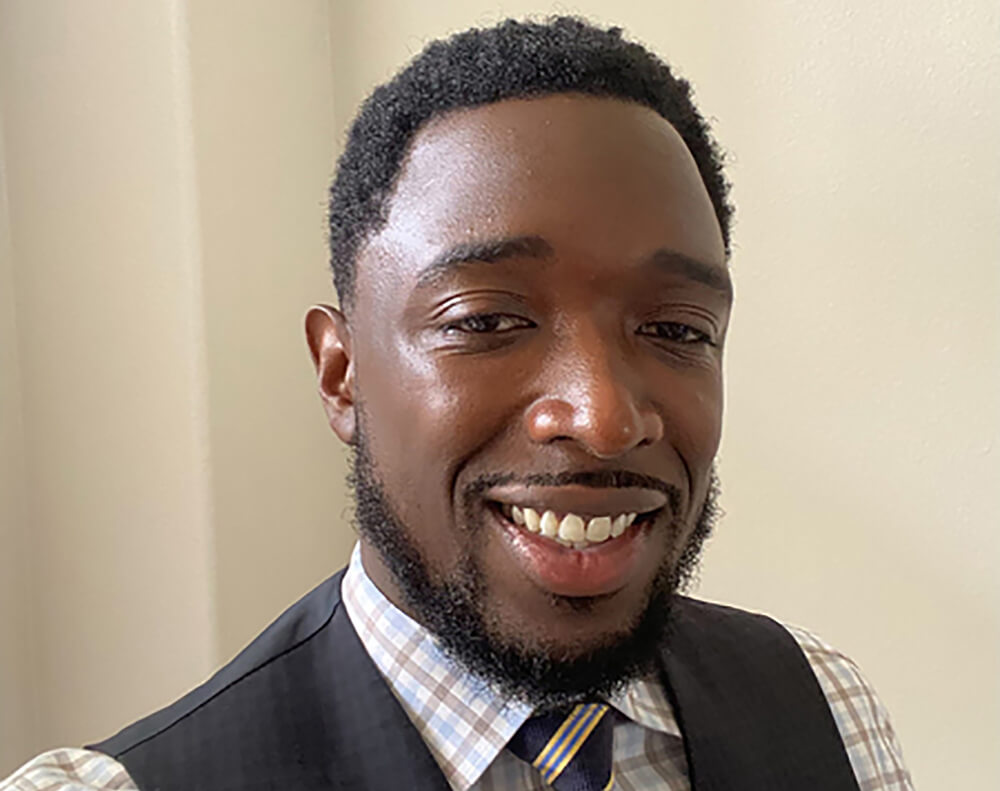Real-Life Trauma Gives Priceless Insight Into Helping Others
Touro Graduate School of Social Work Alum Courtney Wilson’s Life Journey Takes Him from Homeless Shelter Resident to Tenure Track Professor

During high school, Courtney Wilson lived in a New York City homeless shelter with his mom. The experience altered him completely. “I needed to understand why things had happened the way they had,” says Wilson, 34, “and how I could help others avoid what my mom and I had gone through.”
After he graduated from Syracuse University with a bachelor’s degree in psychology, he promised himself he would never go for a Ph.D., because “I would never become an academic,” says Wilson, who planned to see clients as a private therapist. “Then I went to Touro College Graduate School of Social Work. In less than a year, that’s all I wanted — to become a Ph.D., to teach university-level courses and to make a difference to the next generation of therapists and academics. If it weren’t for those Touro professors, none of this would have happened.”
Wilson, who graduated with a Master of Social Work (MSW) from Touro in 2015, credits the school with his desire and drive to go on for that Ph.D. he thought he didn’t want. Today, Wilson is an assistant professor on tenure track at Florida International University’s (FIU) Robert Stempel College of Public Health and Social Work. He teaches, conducts research on social issues and publishes pieces in professional journals. Along with his other demands, Wilson eventually wants to treat clients, too: “It was at Touro where I learned that it was possible to be a practicing therapist, while also teaching and doing research,” he says.
Wilson, who divides his time between Miami, where FIU is located, and Orlando, where his physician wife works, says Touro prepared him not only academically, but emotionally and intellectually for success. ”For instance, they didn’t force their internships on students, but let us choose where and who we wanted to work with,” says Wilson, who interned at two public schools serving at-risk students. “Then they cultivated a practice of debriefing, where we all got together and talked about our internship experiences, problems, successes, good days, bad days, and received advice and observations from fellow students and professors. The feedback, the entire environment they cultivate for their students was, for me, priceless.”

